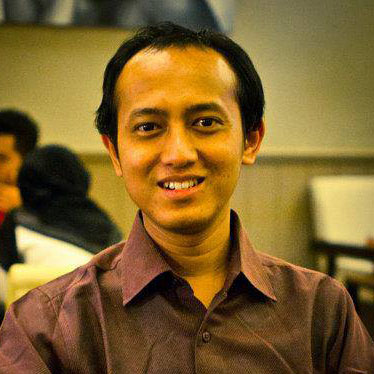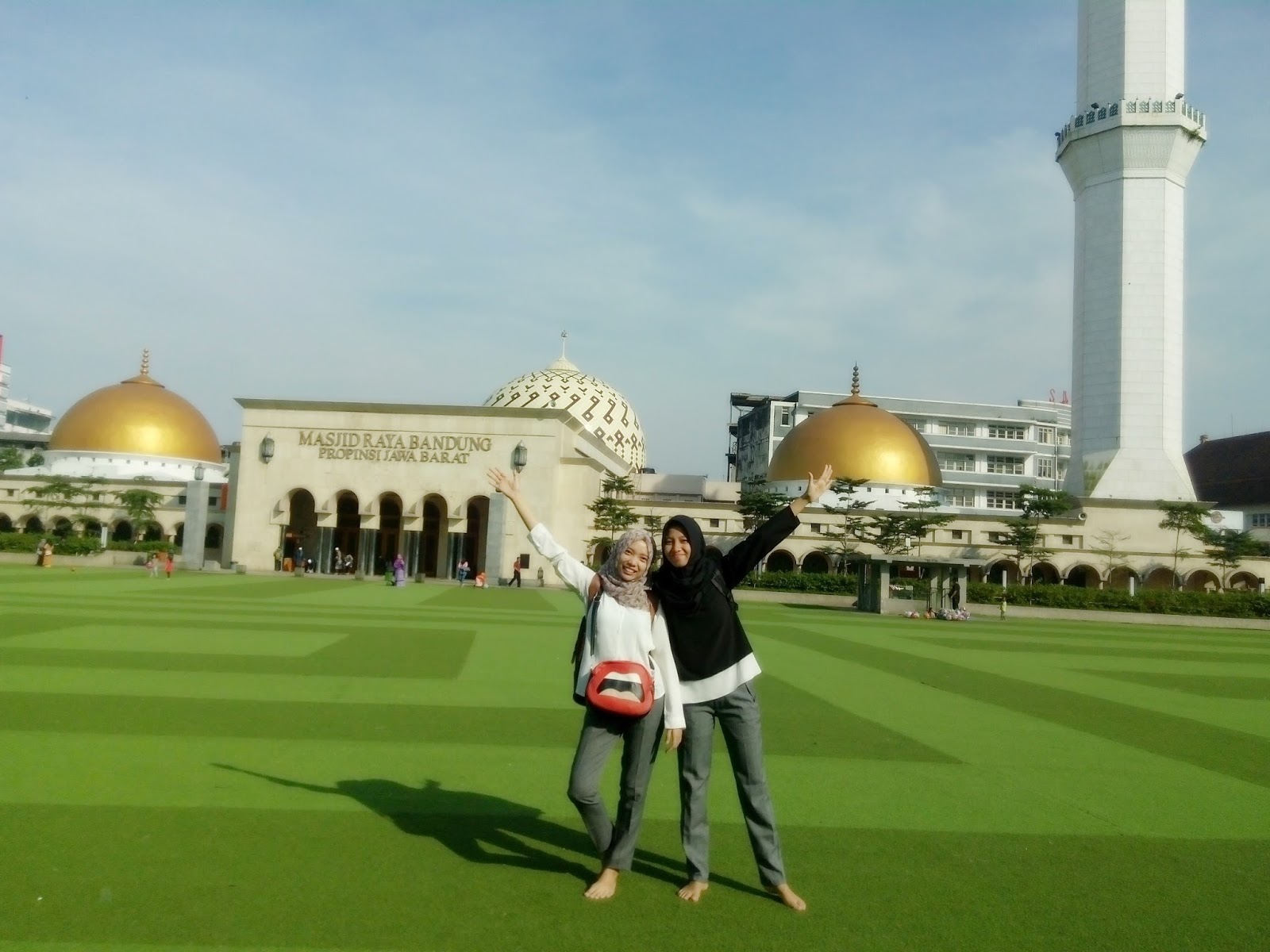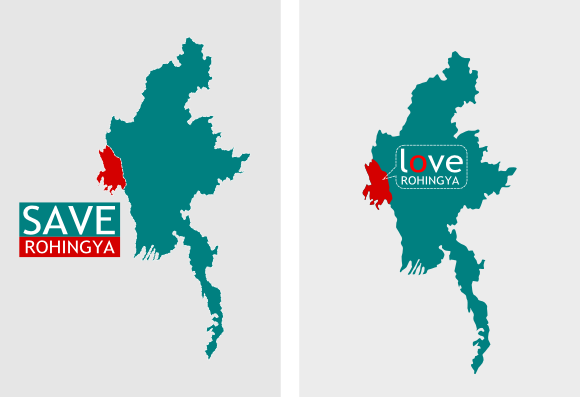What Are Islam Beliefs and Practices?
I live in Indonesia, a country which is home to more than 200 million muslims. I did not accept Islam since birth (although that probably isn’t possible anyway 😉 ) so I tasted a bit about Protestant Christianity when I was a kid. I live in a heterogenous family: although my father is a muslim (and his family), my mother is a Protestant, and my sister was a Protestant before she converted to Catholic when she got married to her Catholic husband. During elementary school I embraced Islam fully.
So I’m a living proof of what religious tolerance really is. In my view, especially in the religions of the people around me: being tolerant is dependent on the person’s personality, not because of religion. I’ve had my share of debates and quarrels with members of my family and extended family, and also among them, however 99% of them are because of personal matters, economy, and other worldly issues. The few cases where we’re discussing differences between religions, it’s always in leisure friendly setting, and then we moved on. So my conclusion is, if you find people that are harsh and intolerant, even if he changes religion many times he will still behave that way, unless he changes his personality.
Ok, so no one is forcing you to convert to Islam. But maybe you’re interested to learn the basics of what Islam is really about. At the core, is Islamic beliefs and practices.
6 Beliefs of Islam
There are 6 core beliefs of Islam that a muslim must accept if he/she wishes to convert to Islam. This is also called Islam’s pillars of iman.
- Believe that there is no God but Allah.
- Believe that Allah created angels. Nobody living today has ever seen an angel, but if you believe in angels, it’s one requirement for converting to Islam.
- Belief in His messengers, including the 25 notable ones: Elishia, Job, David, Dhul-Kifl, Aron, Hud, Abraham, Enoch, Elias, Isa (Jesus), Isac, Ishmael, Lot, Musa (Moses), Nuh (Noah), Salih, Shuaib, Sulaiman (Solomon), Ezra, Jacob, John, Jonah, Joseph, Zachariya, Muhammad.
- Believe that Allah descends holy books for His messengers, and the 4 notable ones are: Zabur (holy book of Daud), Tawrat (holy book of Musa/Moses), Injil (holy book of Isa/Jesus), and Qur’an (holy book of Muhammad).
- Belief in the Last Day. This world will end at some point, and Allah will raise all humans again from the dead to be judged based on their deeds while living.
- Belief in al-Qada (Divine will) and al-Qadar (Divine decree or pre-ordainment). Everything in this universe happens because of the will and decree of Allah, and He has complete knowledge of all events, past or future. Humans have free will, and the free will of humans are still within scope of Allah’s will and decree. This may be hard to understand fully. But you have a choice, you can accept a faith with or without a debate. If you accept this, you’ve checked one requirement for converting to Islam.
5 Practices of Islam
There are 5 core practices of Islam that must be performed by muslims.
- Shahada. It is declaring oneself as muslim by saying “I witness that there is no God but Allah, and I witness that Muhammad is the Messenger of God” in Arabic and native language (such as English). When this is done in front of other muslims in the community, then you would have converted to Islam. And you begin your journey as a muallaf, a person newly converted to Islam, who is in need of extensive guidance from the muslim community. Becoming a muslim is not without challenges, and especially when Islam is not the majority like in the United States, the challenges are huge. That’s why getting help and support from the local muslim community is very important. Anyway, in reality shahada is performed multiple times a day (although in private), because when we do salah (muslim prayer) we always recite shahada.
- Praying five times a day (Salah). A muslim must perform prayer 5 times a day in specific manner. In a way this teaches discipline in life. However, Islam allows much flexibility if a person is having menstruation, sick or other acceptable reason. So for example, if someone cannot stand then he/she can perform prayer by sitting or laying down, this is not a problem. In addition to the 5 mandatory daily prayers, there are optional prayers that you can do, but still recommended. So just by this practice alone, there are several virtues to learn from: discipline, tolerance, and attention to quality.
- Giving charity (Zakat). You need to give a small amount of your wealth for charity. The extremely poor will be exempt from this, as they are the ones receiving the charity.
- Fasting (Saum). There is a whole month of Ramadan when muslims are mandated to fast daily from before sunrise to after sunset. This will be a challenge for new muslims, because it’s still a challenge even for those who were born muslim! Especially in the United States where fasting can last from 15 to 18 hours a day depending on the city and time of year. In Indonesia, fasting duration is mostly fixed at 13 hours a day. It is possible to perform fasting on regular days or on special days, either for practice or because it is a good deed.
- Pilgrimage to Makkah, Saudi Arabia (Hajj). The pilgrimage is different because it is more complex than the 4 practices above, and also because it requires effort and money that not all muslims are able to do this. But if a muslims has the means to perform pilgrimage, then it becomes mandatory for him/her.
Want to Learn More About Islam?
It has to be signified that nobody can force you to convert to Islam. However, it is a good idea to learn about Islam, so you can better understand what Islam is about, and you become wiser when responding to events that happen around you, such as media reporting of muslims, and so much. Islamophobia is a big problem, getting (mis)information from anti-Islam communities would increase this problem, so one of the best ways to solve this problem would be to know more about Islam from reputable sources. And as all muslims will agree and can confirm to you, in Islam the #1 reputable source of information is Islam’s Holy Book: Al-Qur’an.
The Qur’an (Oxford World’s Classics)
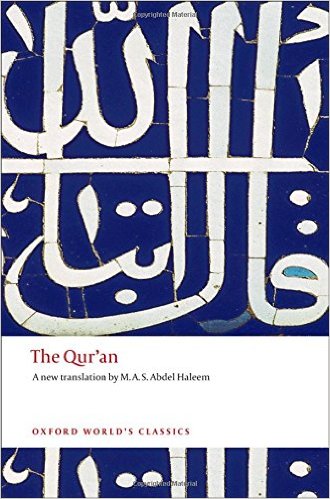
Al-Qur’an itself is in Arabic, it has not changed since the first time Al-Qur’an was bestowed upon Prophet Muhammad. You’ll need a translation of Qur’an which is easy to understand. The Qur’an by Oxford World’s Classics receives a lot of rave reviews because its translation uses modern plain English that is easy to understand. This is very important because you do not want to misinterpret the meaning of a verse, which can cause confusion. In addition, Haleem provides a general introduction to Islam which will be useful for anyone new to Islam. Al-Qur’an is not an incredibly thick book, it definitely has much fewer pages than Injil (Bible). I suggest you to read Al-Qur’an several pages at a time, and you can finish the whole book in only a few weeks. By then, you will have known the core of Islam teaching. You can also read Qur’an for free at Quran.com.
Welcome to Islam: A Step-by-Step Guide for New Muslims
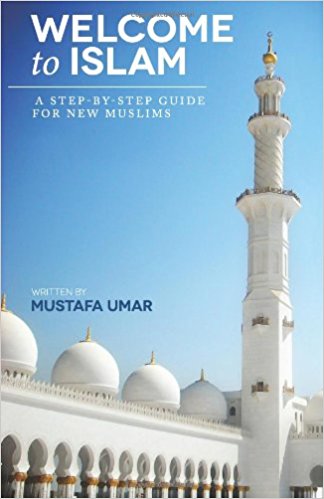
If you want to convert to Islam then you can read this book on how to become a muslim, which shows you what you need to after being a muslim. It will show you how to perform daily prayers, fasting, and one of the most important things is how to cope with challenges of being a (new) muslim. Getting support that can help you is very important. Because there are things that can make life as a muslim difficult, including in America.
Islam or Muslims?
Islam is the religion, the belief, and the teachings. However, there are many different kinds of muslims: they are the communities, the people. And with people comes human nature, most are good but some are not that good. There are good muslims and bad muslims. There are helpful, knowledgeable muslims and there are ignorant muslims. So again it’s very important that you get help and support from a positive, helpful muslim community.
One such community I know of is SacredLearning.org by Dr. Husain Abdul Sattar, MD in the Islamic Center of Chicago (ICC). You can follow and listen to their weekly gathering/talks as live streaming broadcast. You can also contact them if you live near the area and would like to learn more about Islam.
If you’d like to know a muslim community in your area, leave a comment mentioning your city in the comments, and I’ll try to help you find a muslim community that I think can help you. About the discussion in the comments, I’m aware that this topic may feel controversial to some people, but my hope is to help people who sincerely want to learn about Islam. Please keep the discussion friendly. Although you’re welcome to voice your opinions, I reserve the right to remove comments who are offensive or make others feel uncomfortable.
Do you want to learn about Islam? What do you think about muslims in your community? Let me know in the comments.
